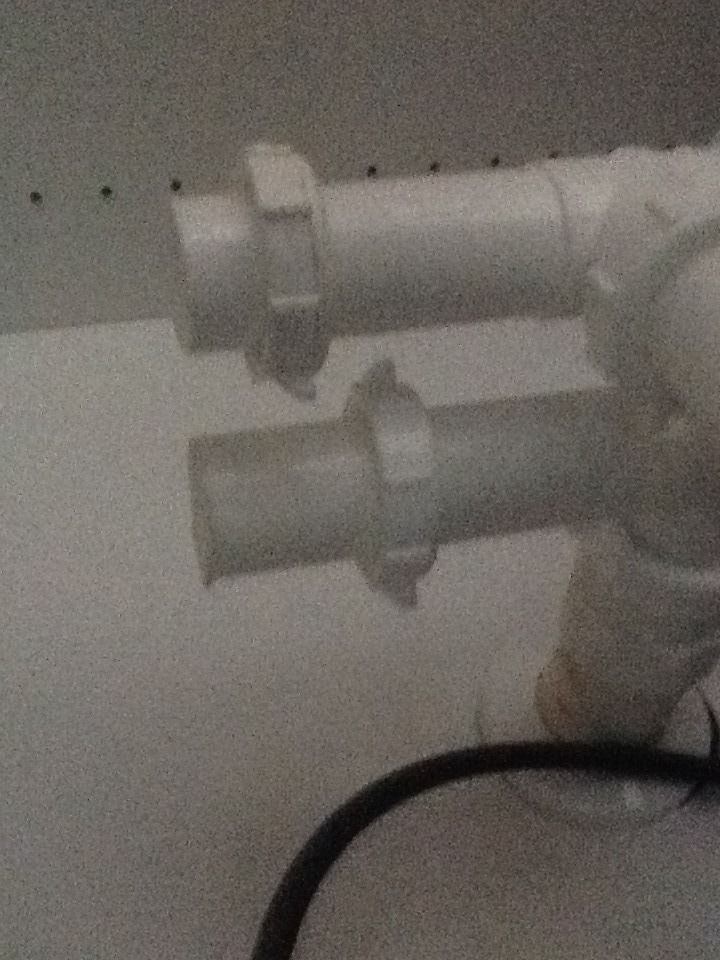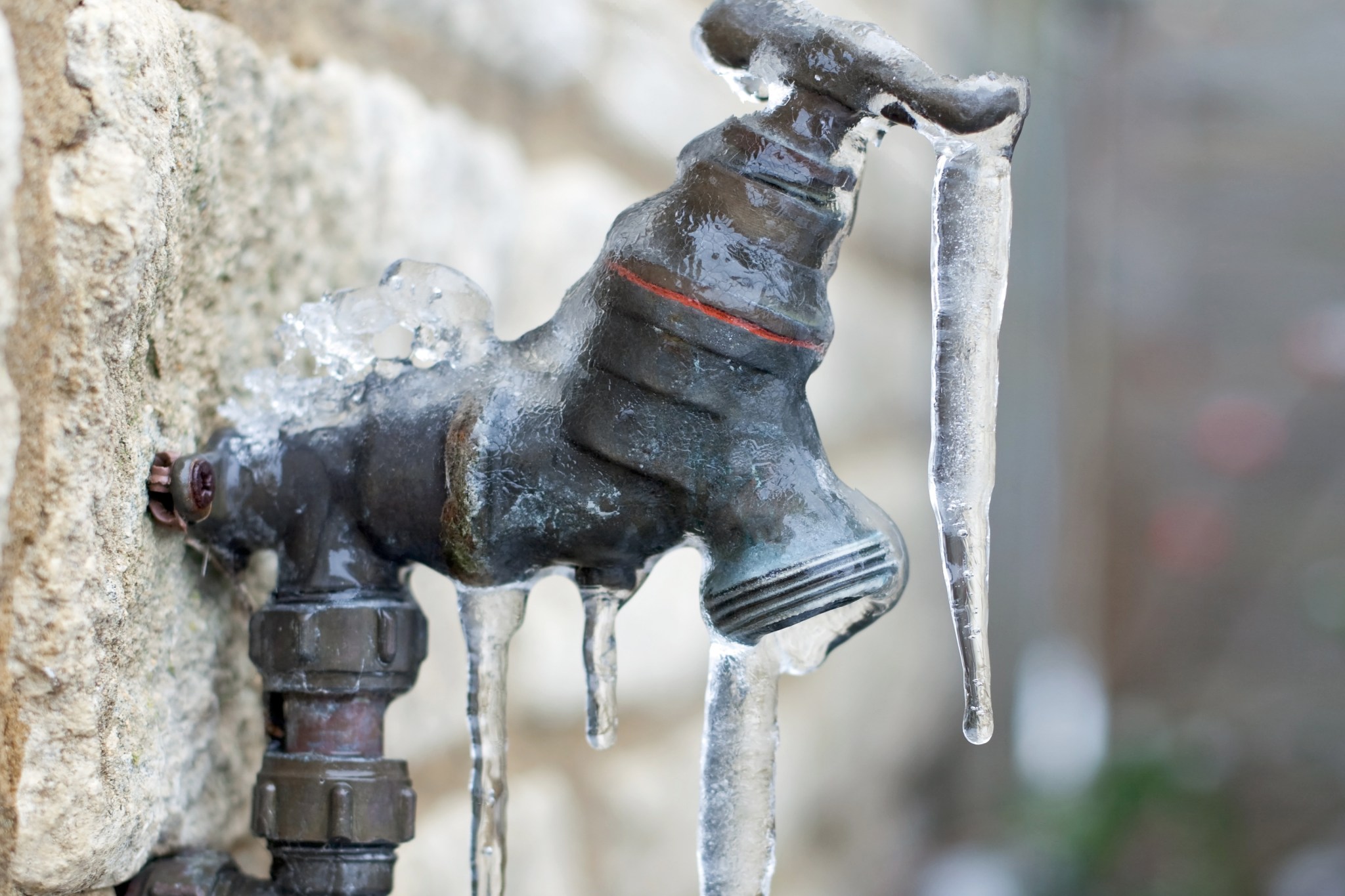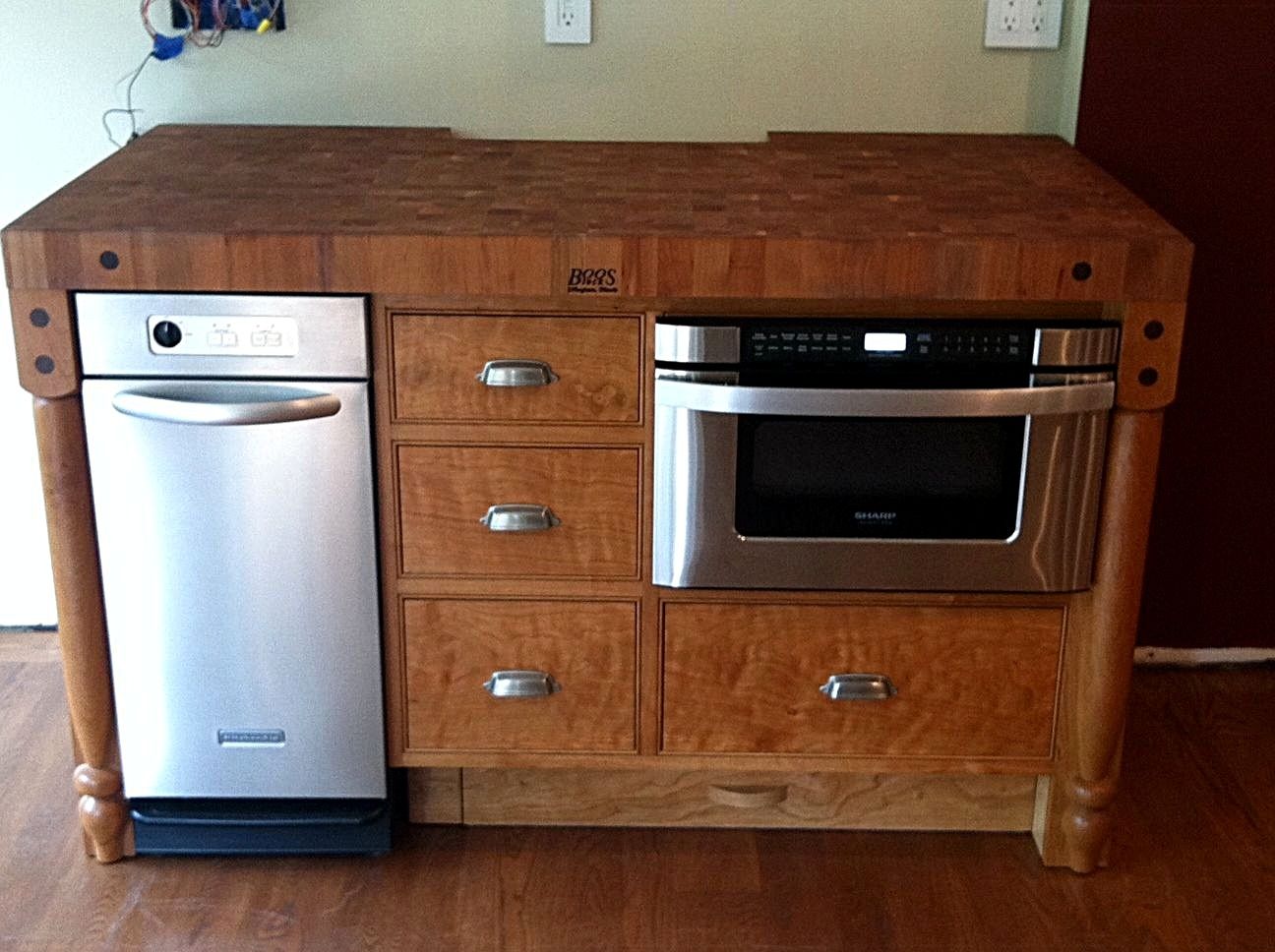If your kitchen sink pipes have frozen, it can be a major inconvenience. Not only can it disrupt your daily routine, but it can also lead to more serious issues like burst pipes. Thawing frozen pipes may seem like a daunting task, but with the right approach, you can get your kitchen sink back in working order. Here are some steps to help you thaw your frozen pipes: 1. Turn off the water supply. Before attempting to thaw your frozen pipes, it's important to turn off the water supply to your kitchen. This will prevent any additional water from flowing through the pipes and potentially causing more damage. 2. Use a hairdryer. One of the easiest ways to thaw frozen pipes is by using a hairdryer. Set the dryer to its highest heat setting and aim it at the frozen section of the pipe. Make sure to start at the end closest to the faucet and work your way down. Be patient and continue heating until the water starts to flow again. 3. Wrap the pipes in towels. If you don't have a hairdryer, you can also wrap the frozen pipes in towels that have been soaked in hot water. This will help to gradually thaw the pipes without using any direct heat. Make sure to change out the towels as needed. 4. Use a space heater. If the frozen pipes are in a cabinet or under the sink, you can use a space heater to warm the area and thaw the pipes. Just be sure to keep the heater a safe distance away from any flammable materials. 5. Open the faucet. As you're thawing the pipes, make sure to open the faucet to allow any water to flow out. This will help to prevent pressure from building up and potentially causing the pipes to burst.How to Thaw Frozen Pipes in Your Kitchen Sink
Prevention is always better than dealing with a frozen pipe. Here are some tips to help you prevent your kitchen sink pipes from freezing: 1. Insulate your pipes. Insulating your pipes is one of the best ways to prevent them from freezing. You can use pipe insulation or even towels or newspaper to wrap around the pipes and keep them warm. 2. Let the faucet drip. If you know that temperatures are going to drop below freezing, you can let your faucet drip slightly to keep water flowing and prevent the pipes from freezing. 3. Keep your kitchen warm. Make sure to keep your kitchen at a comfortable temperature, especially if you're going away for an extended period of time. This will help to prevent your pipes from freezing while you're away. 4. Open cabinet doors. If your kitchen sink pipes are located in a cabinet, open the doors to allow warm air to circulate and prevent the pipes from freezing. 5. Seal any cracks or holes. Check for any cracks or holes near your pipes and seal them to prevent cold air from getting in.How to Prevent Frozen Pipes in Your Kitchen Sink
If you've already discovered that your kitchen sink pipes are frozen, here are some steps to take to address the issue: 1. Thaw the pipes. Using one of the methods mentioned earlier, thaw the frozen pipes to get the water flowing again. 2. Check for damage. Once the pipes are thawed, check for any cracks or other damage. If you notice any, it's important to address them as soon as possible to prevent further issues. 3. Call a plumber. If you're not comfortable dealing with frozen pipes on your own, or if the pipes are damaged, it's best to call a professional plumber for assistance.What to Do When Your Kitchen Sink Pipes Freeze
If your kitchen sink pipes are frozen, you may be wondering if it's safe to run your dishwasher. Here are some important things to keep in mind: 1. Check the instructions. Before running your dishwasher, check the manufacturer's instructions to see if they have any specific guidelines for using it with frozen pipes. 2. Avoid using hot water. While running cold water through your pipes can help to prevent them from freezing, using hot water can actually make the problem worse. Stick to cold water when using your dishwasher to avoid any potential issues. 3. Monitor the dishwasher cycle. Keep an eye on your dishwasher while it's running to make sure there are no leaks or other issues. If you notice any, stop the cycle and address the problem before continuing.Running a Dishwasher with Frozen Kitchen Sink Pipes: What to Know
While your pipes may be frozen, your kitchen sink drain may still be clogged with debris. Here's how you can fix a frozen kitchen sink drain: 1. Use a plunger. A plunger can be an effective tool for unclogging a frozen drain. Make sure to use a plunger specifically designed for kitchen sinks. 2. Try a homemade drain cleaner. You can make a natural drain cleaner using ingredients like baking soda, vinegar, and hot water. Pour the mixture down the drain and let it sit for a few minutes before flushing with hot water. 3. Use a drain snake. If the clog is deeper in the drain, a drain snake can help to loosen and remove it.How to Fix a Frozen Kitchen Sink Drain
If your kitchen sink pipes keep freezing, it's important to understand the root cause so you can prevent it from happening in the future. Here are some common reasons why kitchen sink pipes freeze: 1. Poor insulation. If your pipes are not properly insulated, they are more susceptible to freezing when temperatures drop. 2. Cold drafts. Cold drafts from windows, doors, or other openings near your pipes can cause them to freeze. 3. Low temperatures. Extremely low temperatures, especially if sustained for a long period of time, can cause pipes to freeze. 4. External pipes. Kitchen sink pipes that are located on the exterior of your home are more prone to freezing than those inside. 5. Lack of use. If your kitchen sink is not used frequently, the water in the pipes may not be flowing enough to prevent freezing.Why Your Kitchen Sink Pipes Keep Freezing
If you need to run your dishwasher while your kitchen sink pipes are frozen, here are some tips to keep in mind: 1. Only use cold water. As mentioned earlier, using hot water can exacerbate the issue and cause more damage. 2. Monitor the dishwasher cycle. Keep an eye on the dishwasher while it's running and stop it immediately if you notice any issues. 3. Thaw the pipes beforehand. If possible, try to thaw the frozen pipes before running the dishwasher to minimize the risk of any problems.Tips for Running a Dishwasher with Frozen Pipes
Thawing frozen pipes can be dangerous if not done properly. Here are some safety tips to keep in mind: 1. Never use an open flame. Using a blowtorch or other open flame to thaw frozen pipes can be extremely dangerous and can also lead to fires. 2. Use protective gear. If you're using a hairdryer or space heater, make sure to wear protective gear like gloves and safety glasses to prevent any accidents. 3. Keep a fire extinguisher nearby. In case of any accidental fires, make sure to have a fire extinguisher nearby and know how to use it. 4. Call a professional. If you're not comfortable or confident in thawing the pipes yourself, it's best to call a professional plumber for assistance.How to Safely Thaw Frozen Pipes in Your Kitchen Sink
Understanding the causes of frozen kitchen sink pipes can help you prevent it from happening in the future. Here are some common causes: 1. Low temperatures. As mentioned earlier, extremely low temperatures can cause pipes to freeze. 2. Poor insulation. Lack of proper insulation in your home can make your pipes more susceptible to freezing. 3. Cold drafts. Cold drafts from windows or doors can cause pipes to freeze, especially if they're located near the pipes. 4. Lack of use. If your kitchen sink is not used often, the water in the pipes may not be flowing enough to prevent freezing. 5. External pipes. Pipes that are located on the exterior of your home are more prone to freezing than those inside.What Causes Kitchen Sink Pipes to Freeze?
Preventing your kitchen sink pipes from freezing can save you from a lot of hassle and potential damage. Here are some tips to keep your pipes from freezing: 1. Insulate your pipes. Properly insulating your pipes is the best way to prevent them from freezing. 2. Keep your kitchen warm. Make sure to keep your kitchen at a comfortable temperature, especially if you're going away for an extended period of time. 3. Seal any cracks or holes. Check for any cracks or holes near your pipes and seal them to prevent cold air from getting in. 4. Let the faucet drip. If temperatures are below freezing, you can let your faucet drip slightly to keep water flowing and prevent the pipes from freezing. 5. Open cabinet doors. If your kitchen sink pipes are located in a cabinet, open the doors to allow warm air to circulate and prevent the pipes from freezing.How to Keep Your Kitchen Sink Pipes from Freezing
How to Prevent Frozen Kitchen Sink Pipes When Running the Dishwasher
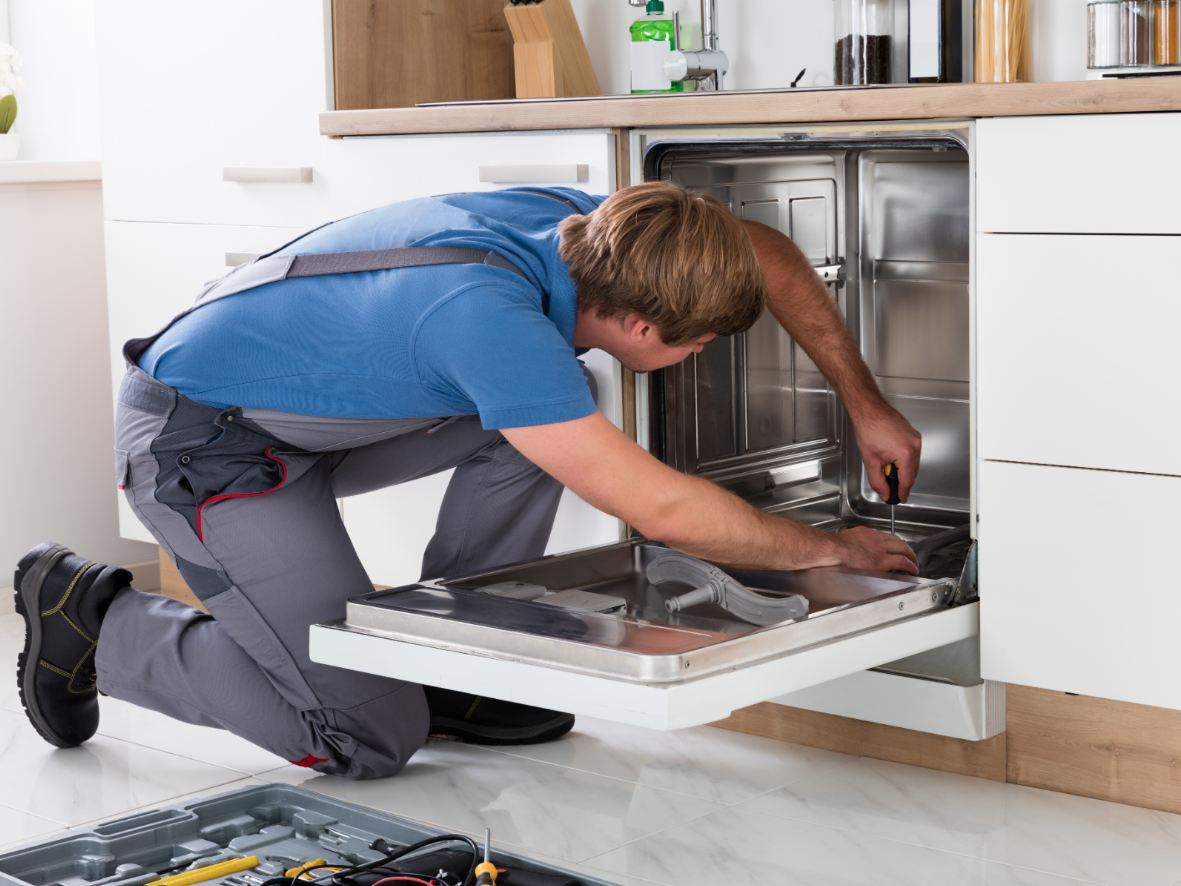
The Importance of Proper House Design
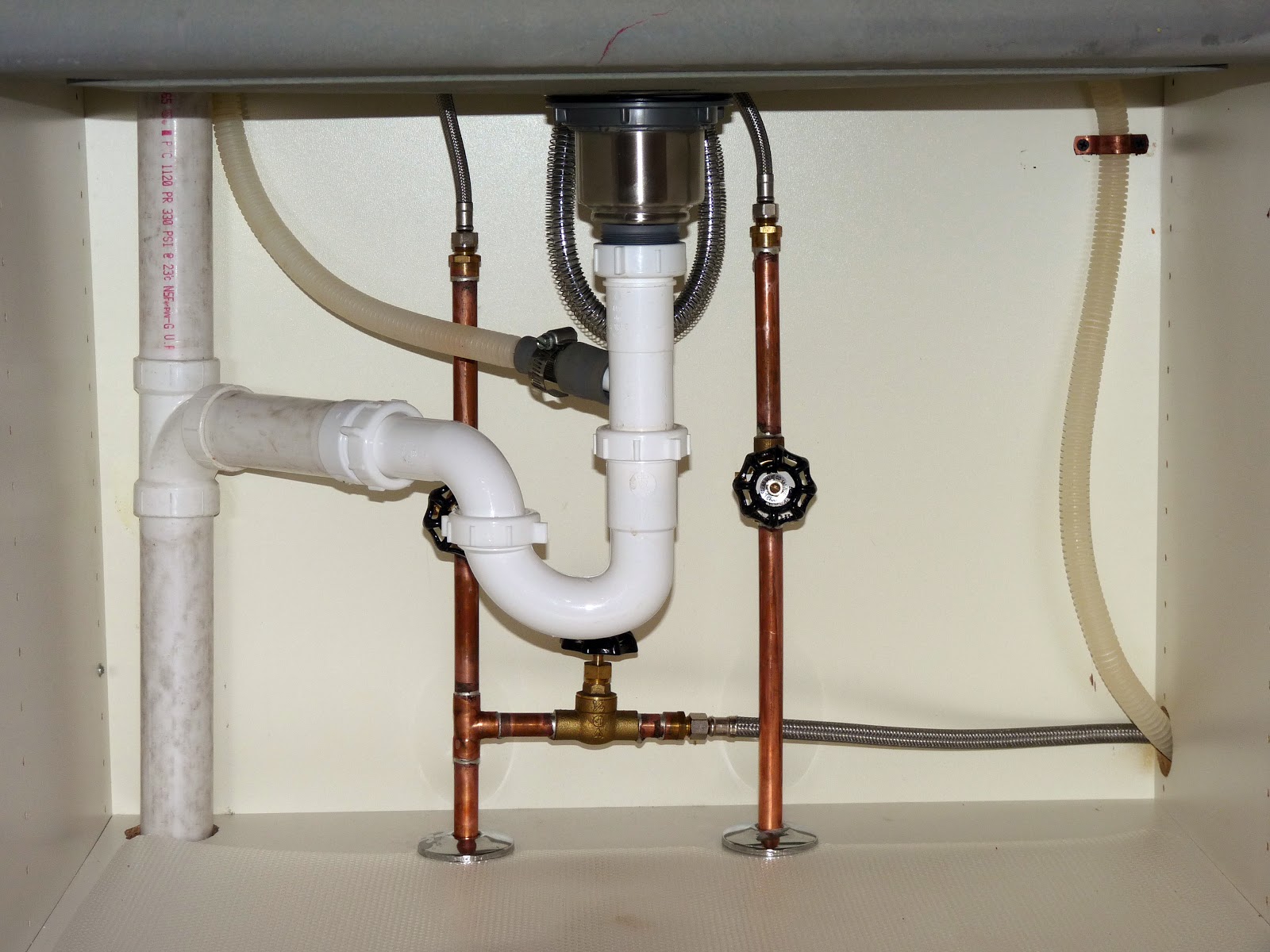 When designing a house, there are many factors to consider, such as the layout, functionality, and aesthetics. However, one crucial aspect that is often overlooked is the plumbing design. Poor plumbing design can lead to various issues, including frozen kitchen sink pipes. This problem can be especially troublesome when trying to run the dishwasher, as it requires a steady supply of water to function properly.
When designing a house, there are many factors to consider, such as the layout, functionality, and aesthetics. However, one crucial aspect that is often overlooked is the plumbing design. Poor plumbing design can lead to various issues, including frozen kitchen sink pipes. This problem can be especially troublesome when trying to run the dishwasher, as it requires a steady supply of water to function properly.
The Dangers of Frozen Kitchen Sink Pipes
/how-to-install-a-sink-drain-2718789-hero-24e898006ed94c9593a2a268b57989a3.jpg) During the winter months, it is not uncommon for the temperature to drop below freezing. This can cause the water in your kitchen sink pipes to freeze, resulting in an inability to use your sink or dishwasher. Additionally, frozen pipes can burst, causing extensive damage to your home and requiring costly repairs. This is why it is essential to take preventative measures to avoid frozen pipes.
During the winter months, it is not uncommon for the temperature to drop below freezing. This can cause the water in your kitchen sink pipes to freeze, resulting in an inability to use your sink or dishwasher. Additionally, frozen pipes can burst, causing extensive damage to your home and requiring costly repairs. This is why it is essential to take preventative measures to avoid frozen pipes.
Proper Insulation is Key
 One of the main reasons for frozen kitchen sink pipes is the lack of insulation. When pipes are not properly insulated, they are more susceptible to freezing. This is especially true for pipes located in exterior walls or unheated areas of the house. To prevent this, make sure to insulate all pipes, including those in the kitchen, to keep them from freezing.
Tip:
Consider using foam pipe insulation or heat tape to provide extra protection for your pipes.
One of the main reasons for frozen kitchen sink pipes is the lack of insulation. When pipes are not properly insulated, they are more susceptible to freezing. This is especially true for pipes located in exterior walls or unheated areas of the house. To prevent this, make sure to insulate all pipes, including those in the kitchen, to keep them from freezing.
Tip:
Consider using foam pipe insulation or heat tape to provide extra protection for your pipes.
Keep the Heat On
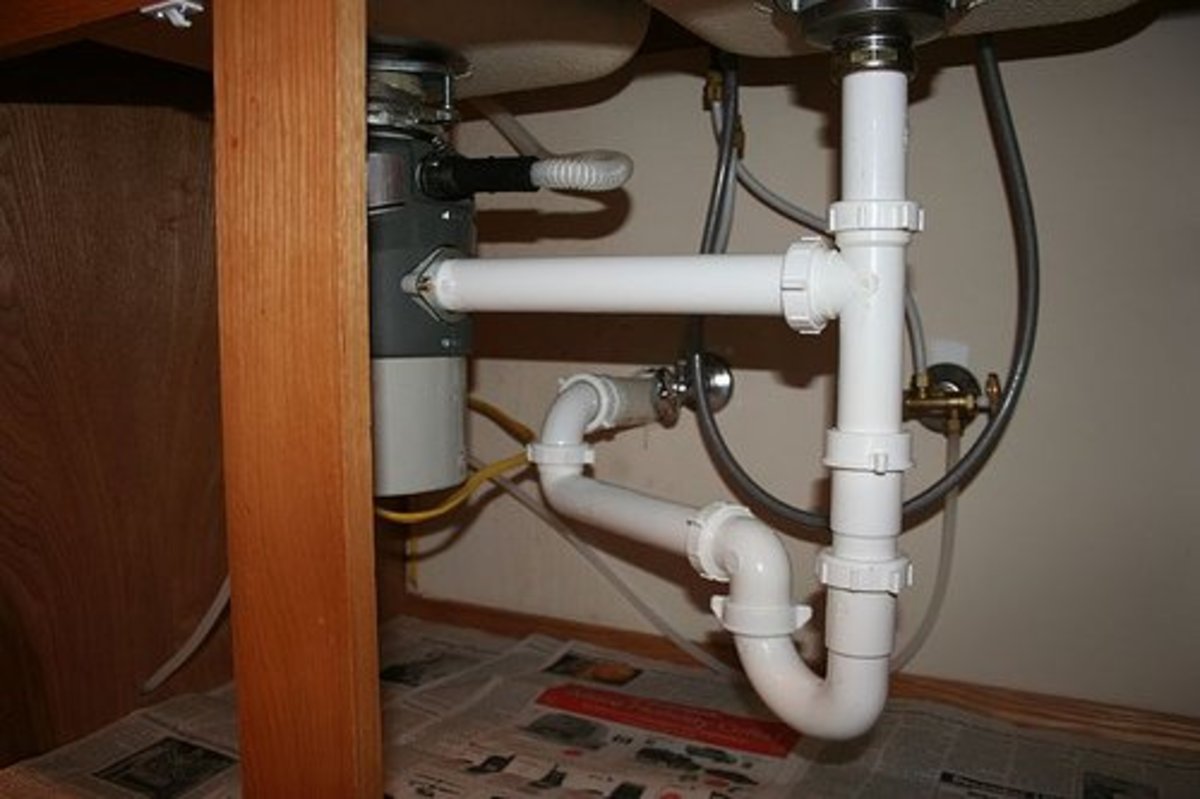 Another way to prevent frozen pipes is to keep the heat on in your home, even when you are away. This will help maintain a constant temperature, preventing the pipes from freezing. It is also recommended to keep cabinet doors under the sink open to allow warm air to circulate around the pipes.
Tip:
Set your thermostat to at least 55 degrees Fahrenheit to prevent frozen pipes.
Another way to prevent frozen pipes is to keep the heat on in your home, even when you are away. This will help maintain a constant temperature, preventing the pipes from freezing. It is also recommended to keep cabinet doors under the sink open to allow warm air to circulate around the pipes.
Tip:
Set your thermostat to at least 55 degrees Fahrenheit to prevent frozen pipes.
Run Water Before Using the Dishwasher
 If you know you will be using the dishwasher, it is essential to run hot water in the sink for a few minutes before starting the cycle. This will help ensure that the water flowing into the dishwasher is not too cold and will prevent the pipes from freezing.
Tip:
You can also add a cup of salt to the hot water to help melt any ice that may have formed in the pipes.
If you know you will be using the dishwasher, it is essential to run hot water in the sink for a few minutes before starting the cycle. This will help ensure that the water flowing into the dishwasher is not too cold and will prevent the pipes from freezing.
Tip:
You can also add a cup of salt to the hot water to help melt any ice that may have formed in the pipes.
Conclusion
:max_bytes(150000):strip_icc()/child-turning-off-a-tap-509498619-5810dcb15f9b58564c4918e2.jpg) Frozen kitchen sink pipes can be a major inconvenience, especially when trying to run the dishwasher. However, by following these simple tips and properly designing and insulating your house's plumbing system, you can prevent this issue and avoid costly repairs. Remember to always take preventative measures to keep your pipes from freezing and your home running smoothly.
Frozen kitchen sink pipes can be a major inconvenience, especially when trying to run the dishwasher. However, by following these simple tips and properly designing and insulating your house's plumbing system, you can prevent this issue and avoid costly repairs. Remember to always take preventative measures to keep your pipes from freezing and your home running smoothly.








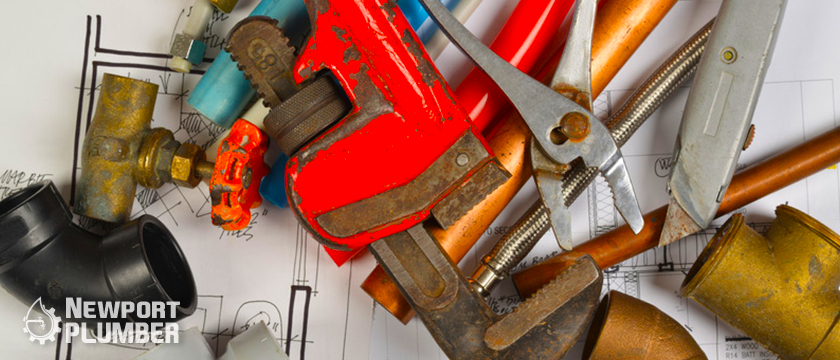

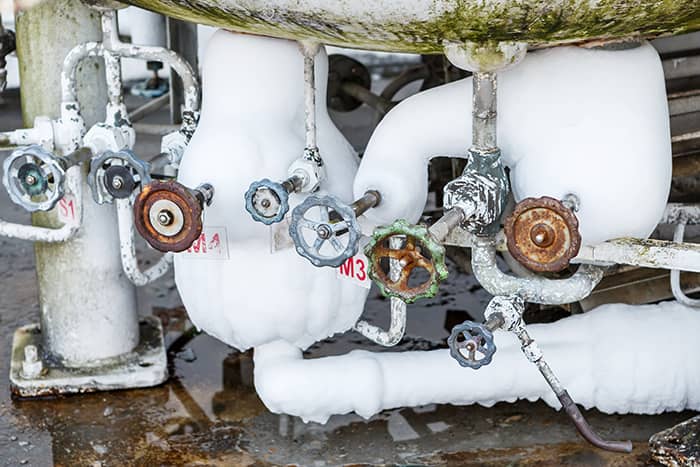
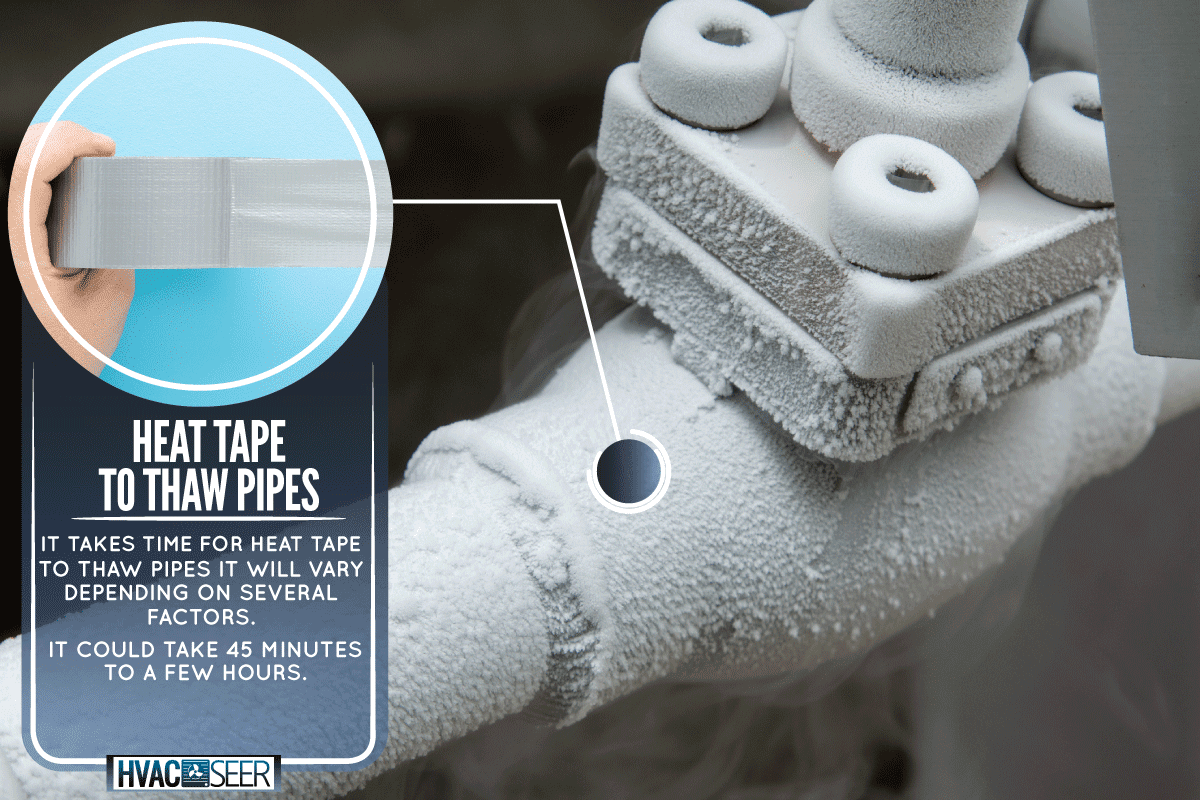
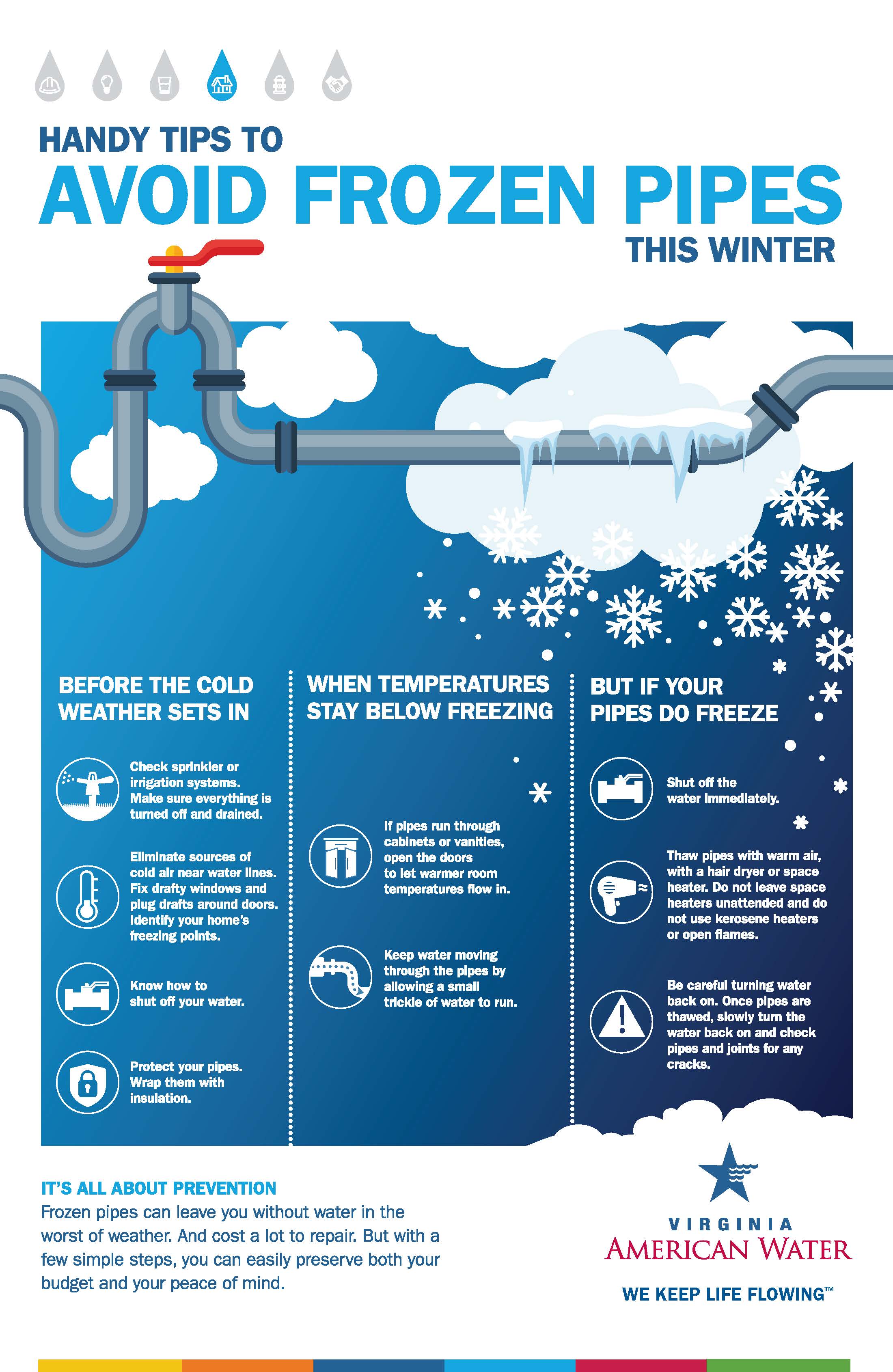


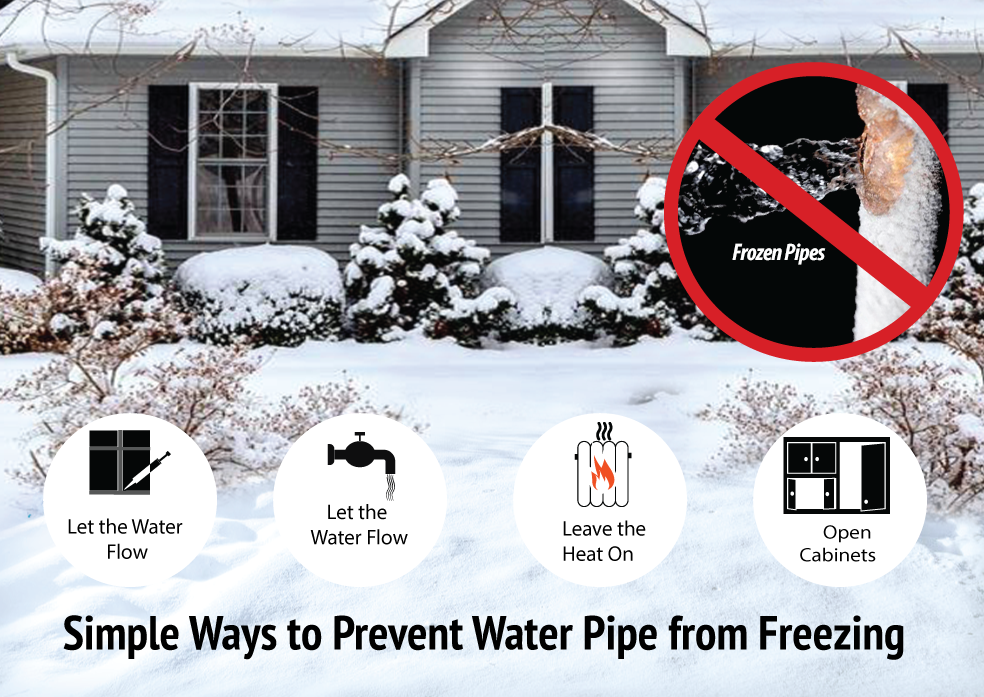


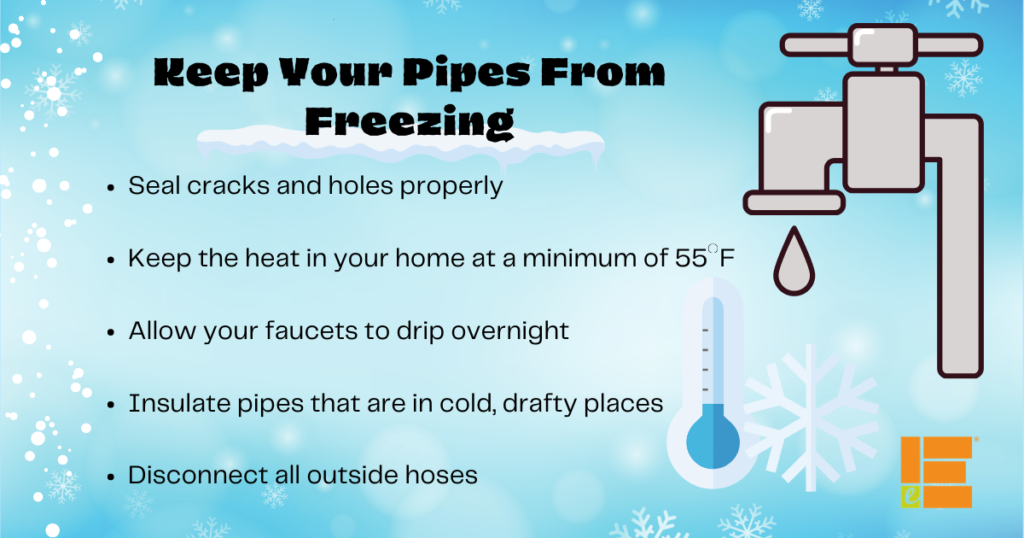
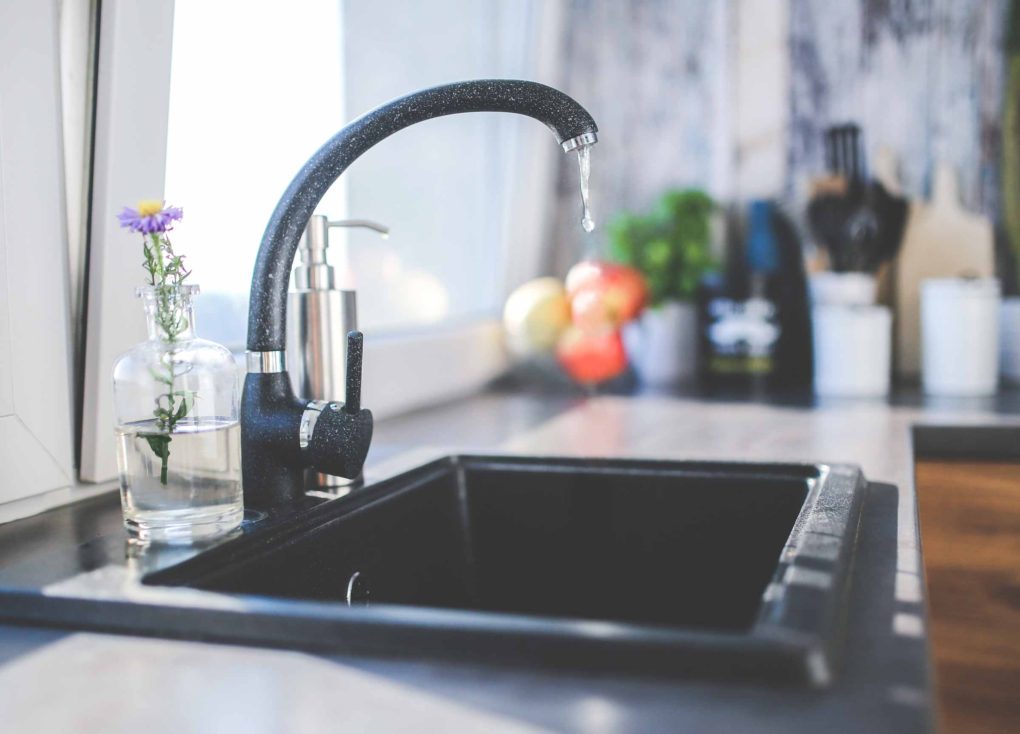

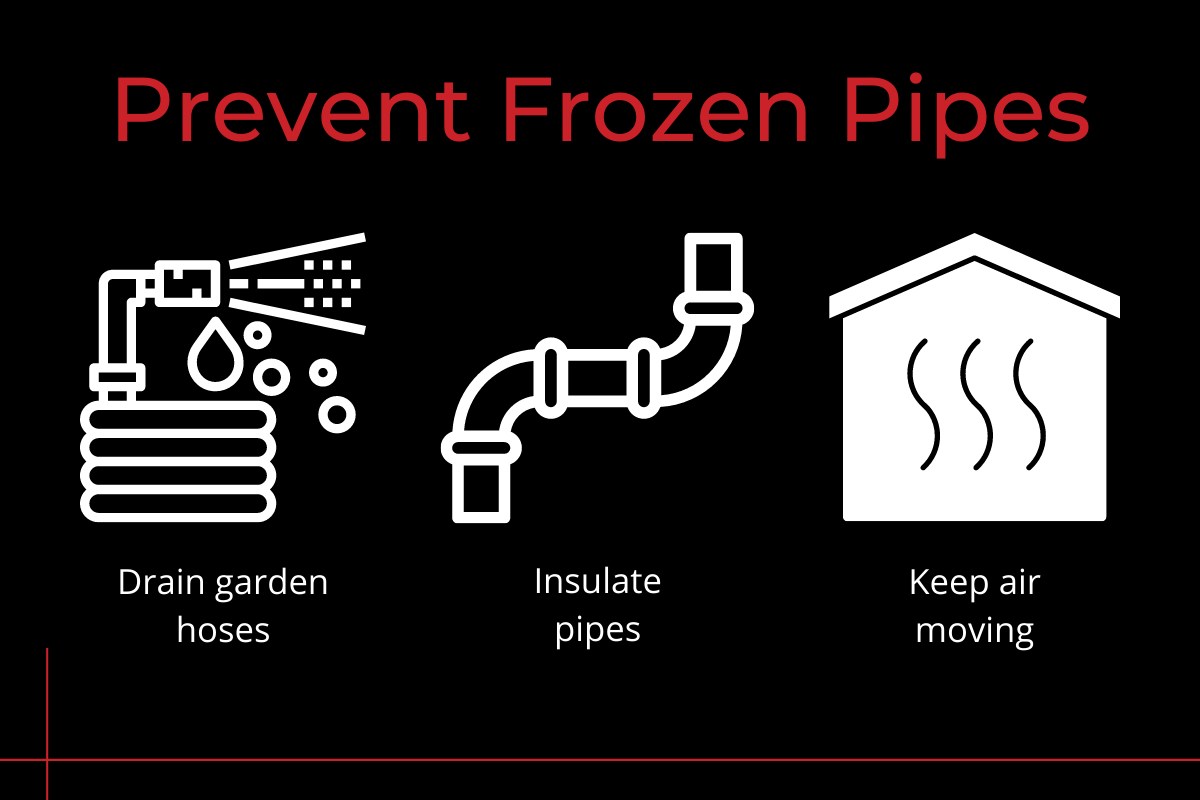



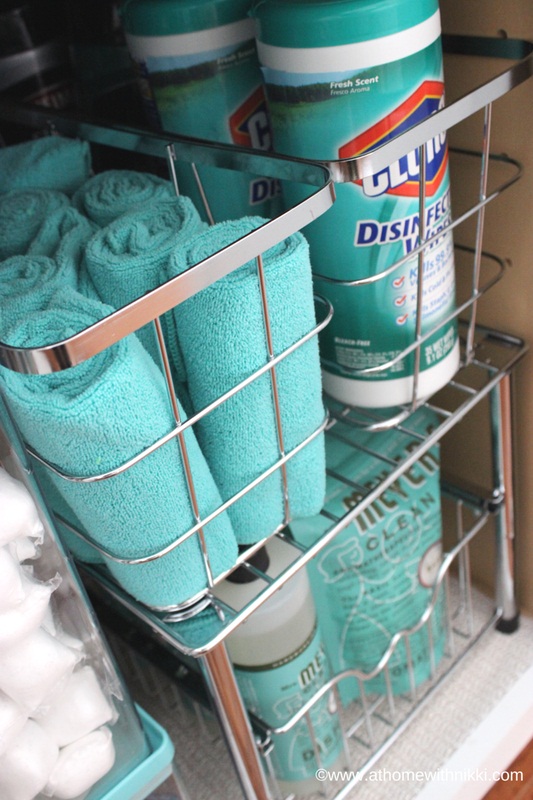


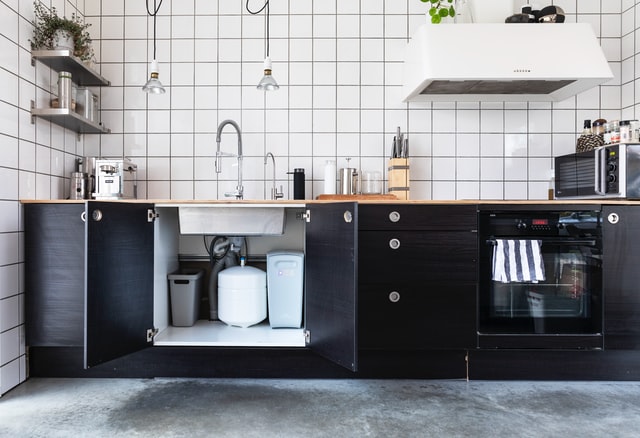
:max_bytes(150000):strip_icc()/stop-freezing-pipes-2124982-revision1-5c01a886c9e77c0001439273.png)

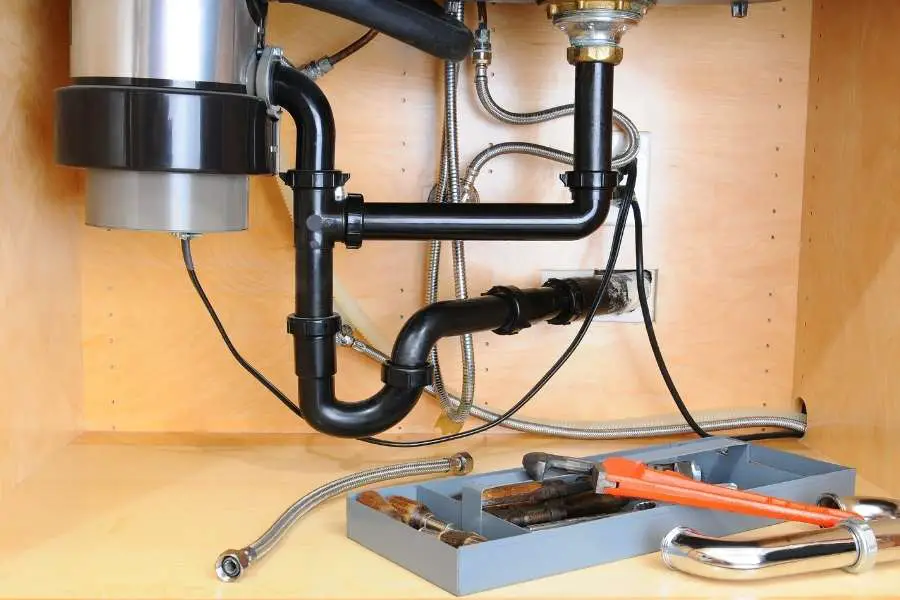

:max_bytes(150000):strip_icc()/broken-water-pipes-162189386-58053b885f9b5805c2200c3d.jpg)

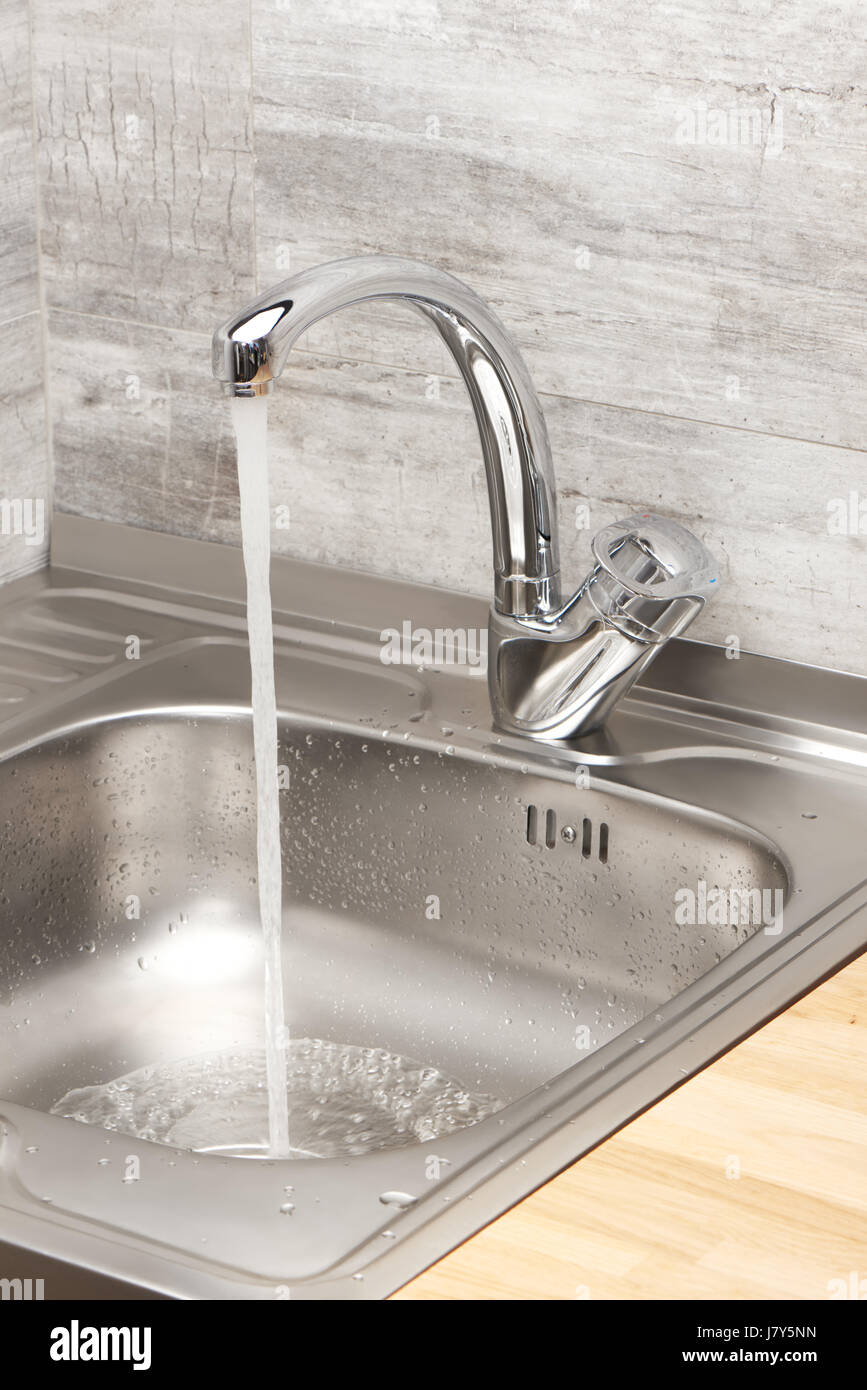
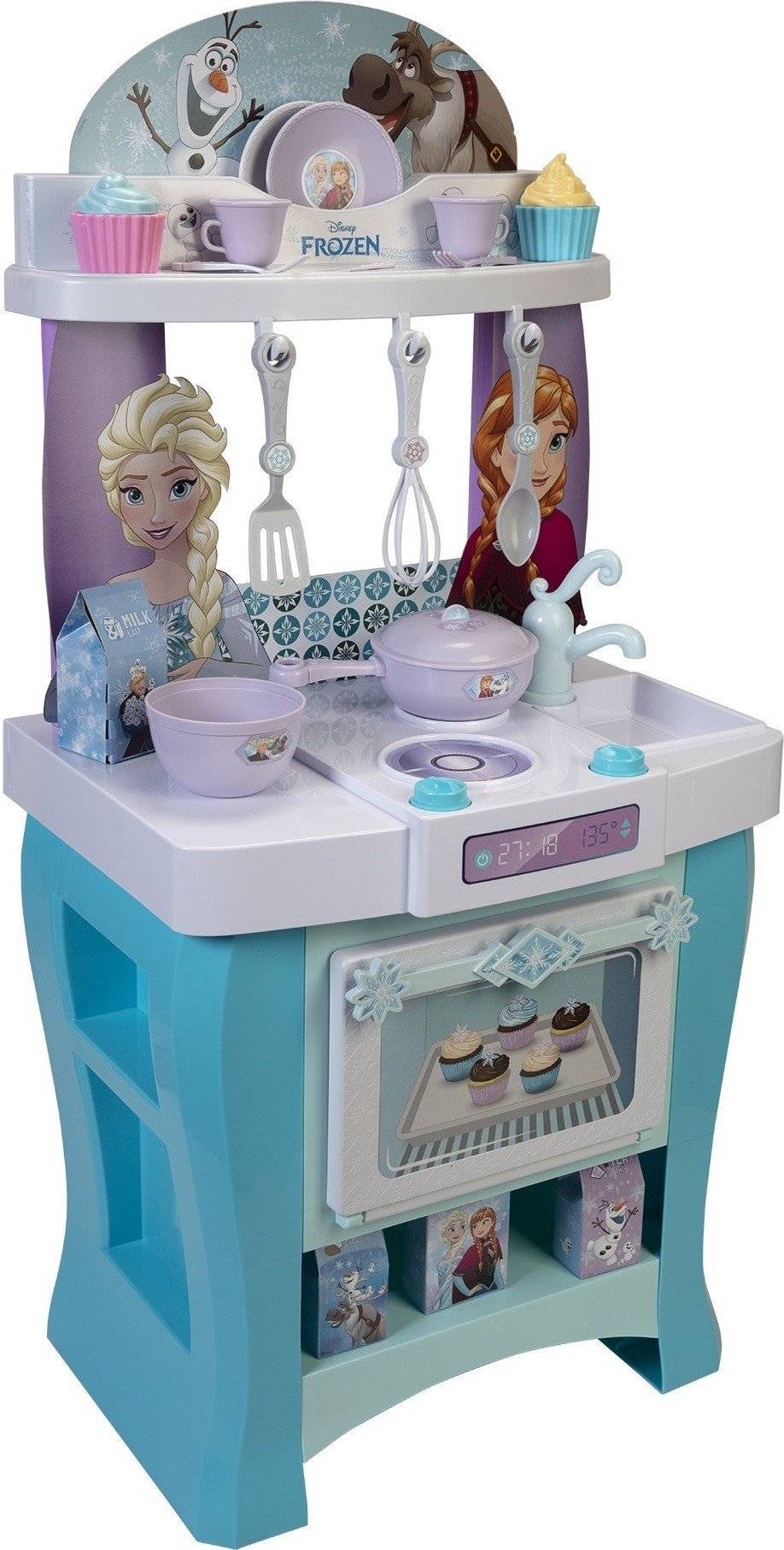

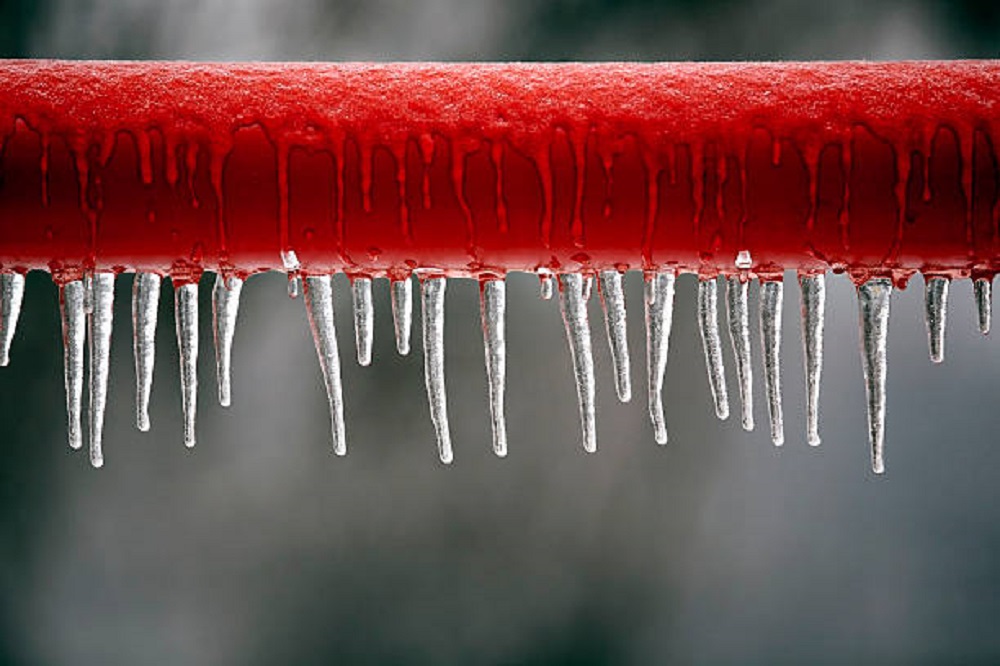
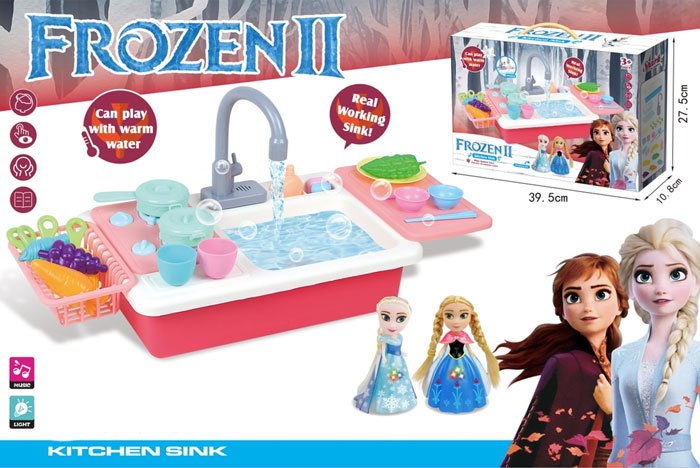

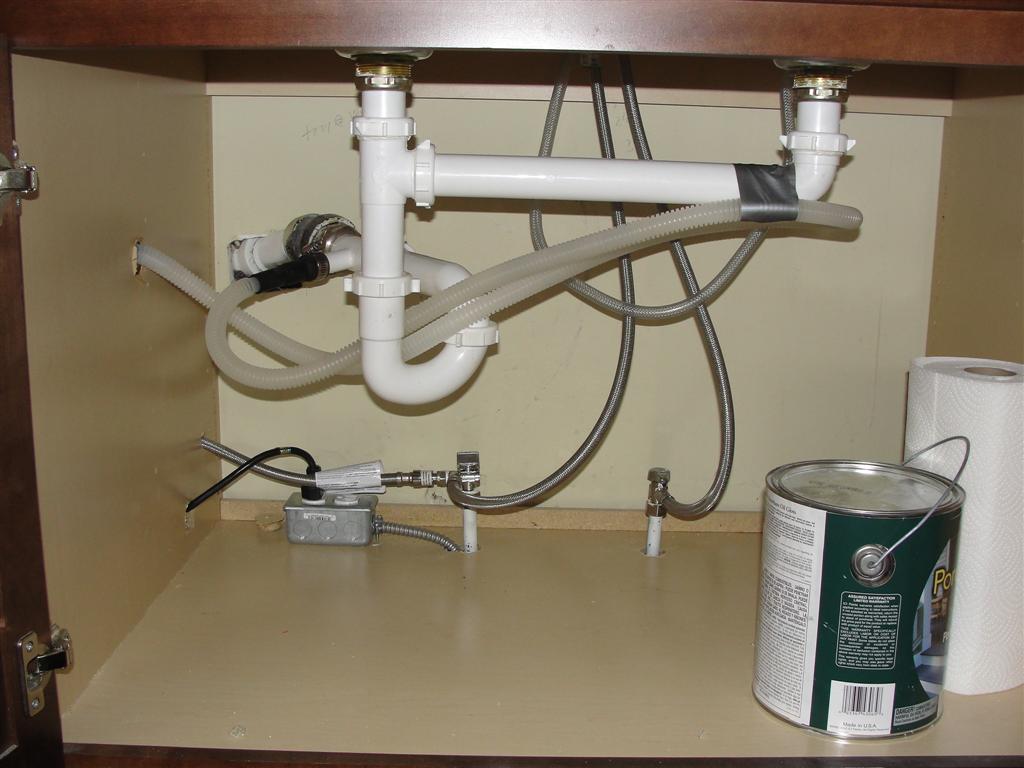







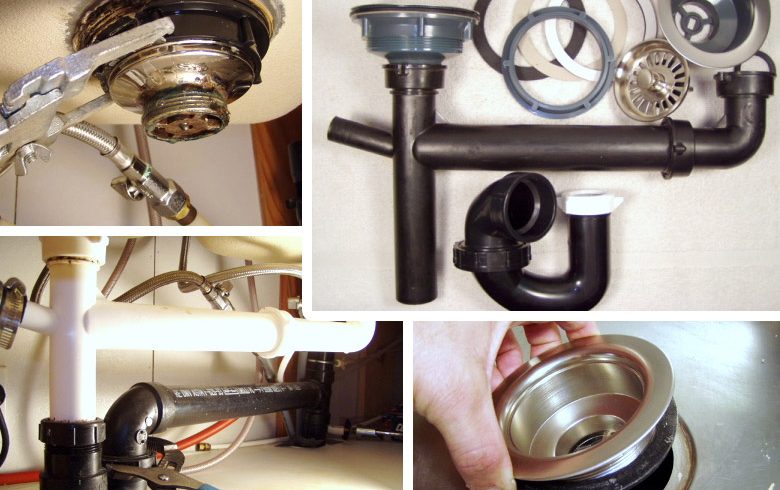





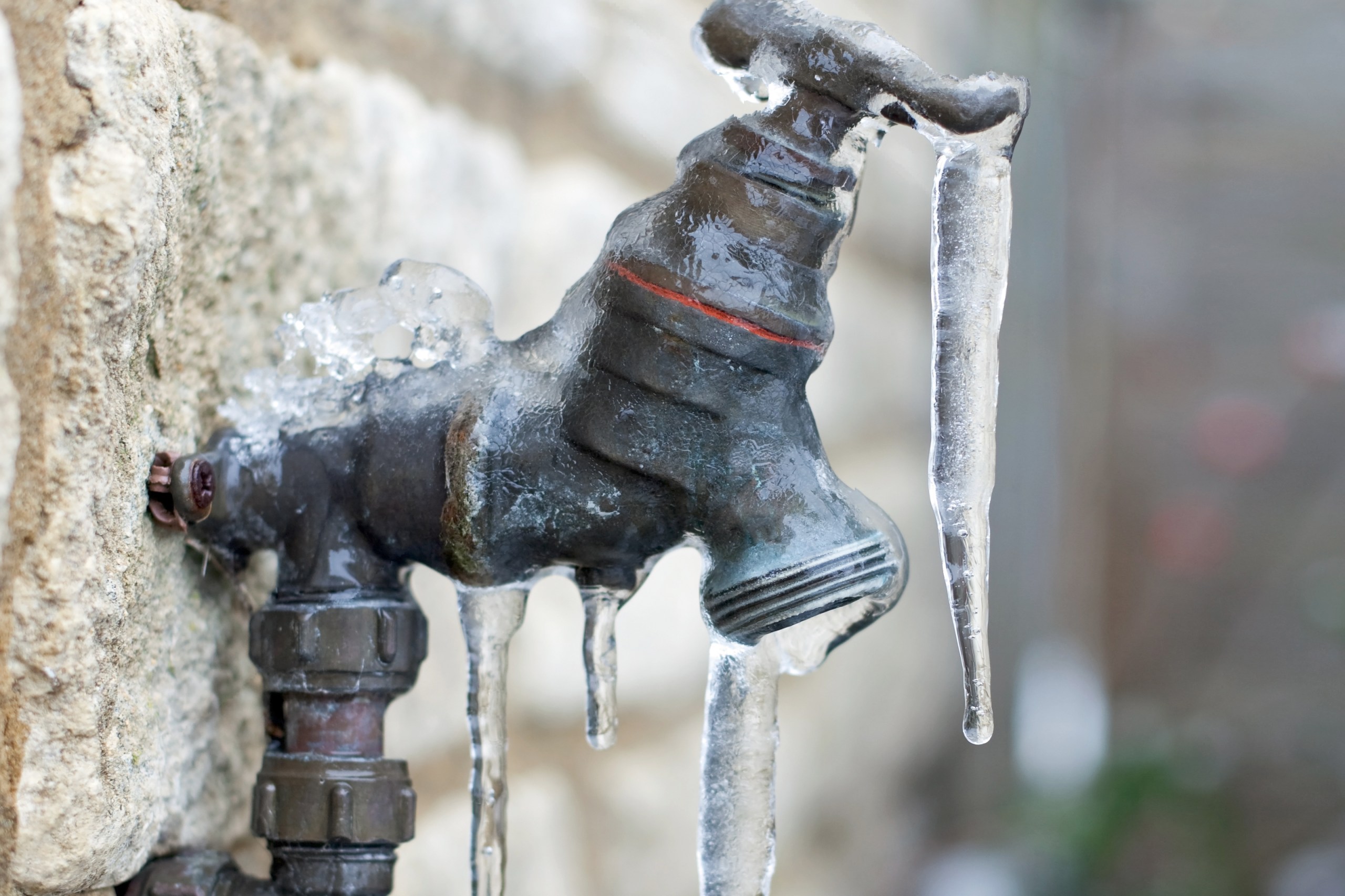
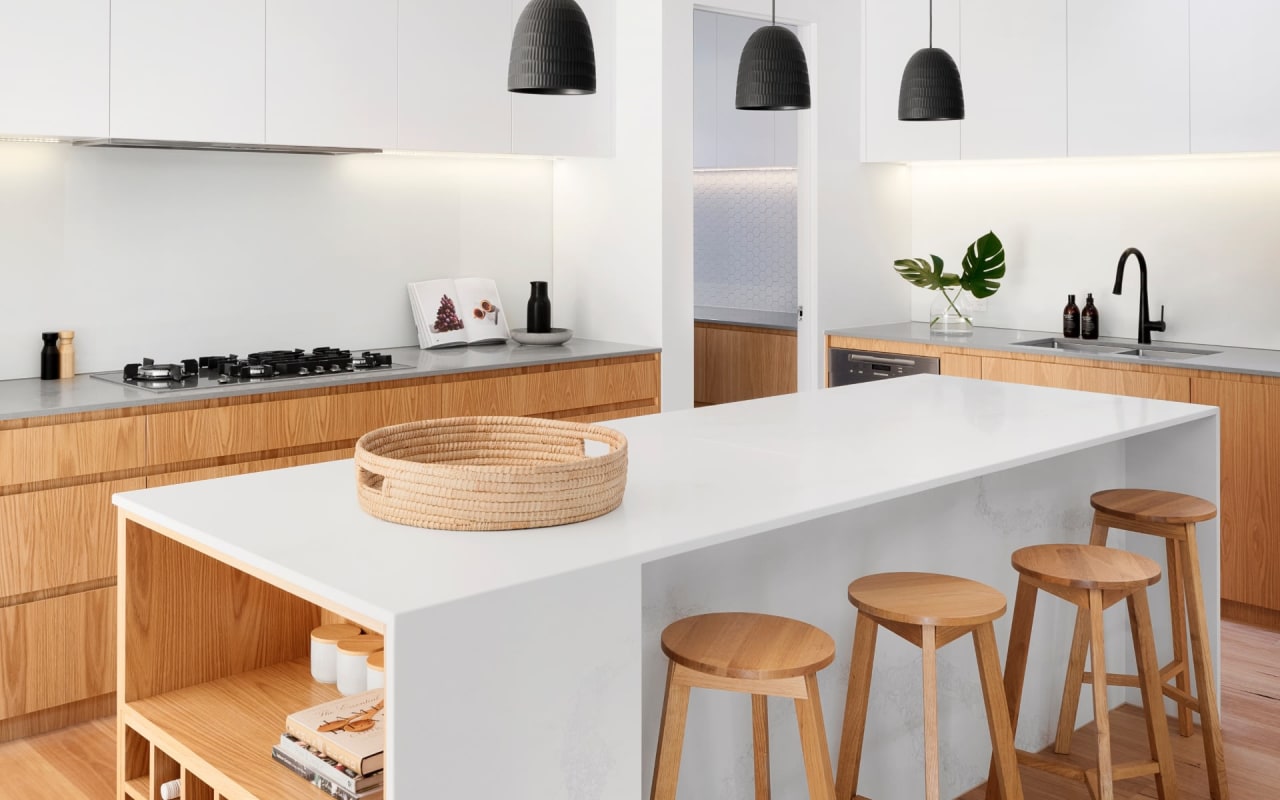


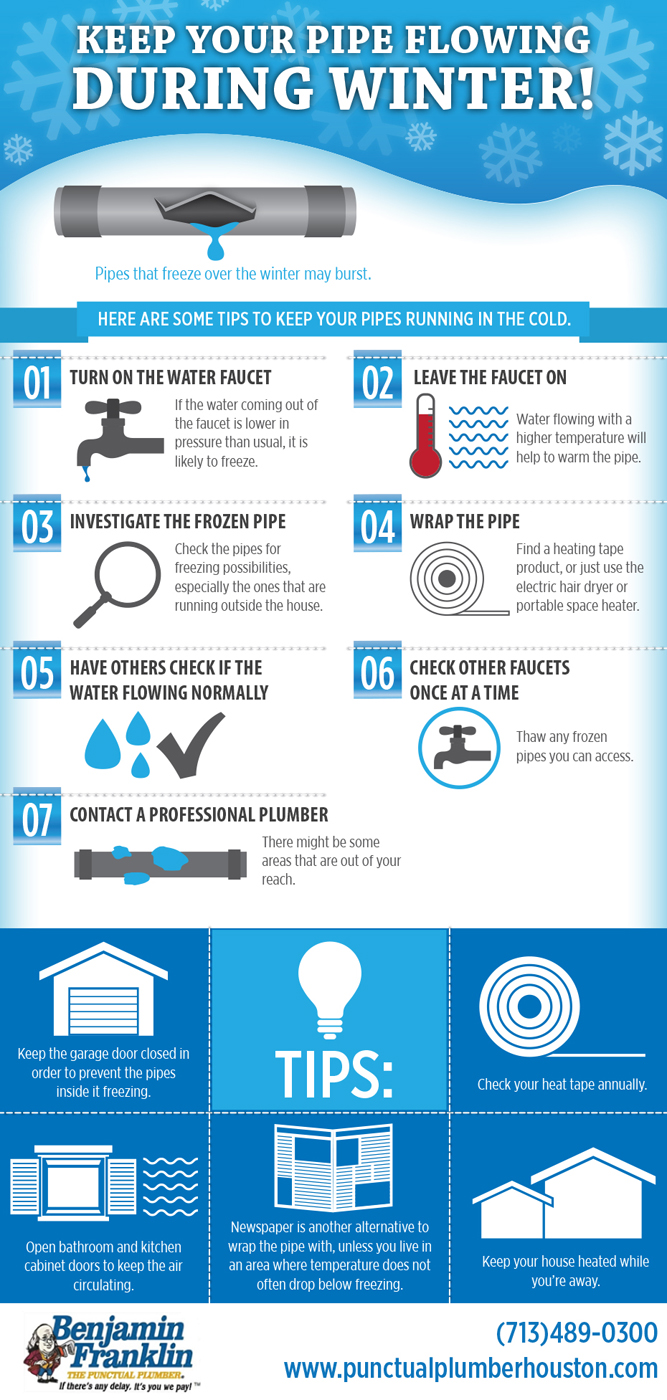


:strip_icc()/snow-outdoor-faucet-pipes-4af65d1e5e904fb1aa7bf74071fe5d89.jpg)
















